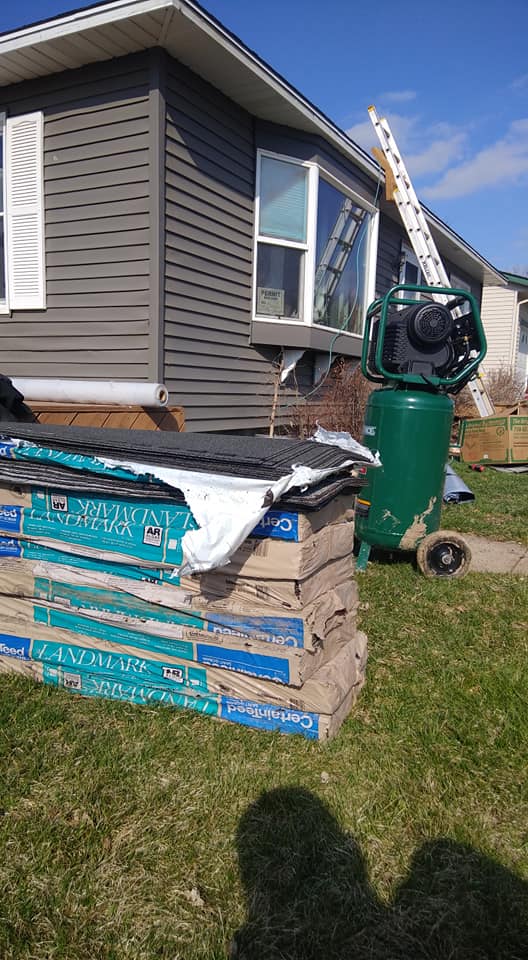
Plumbers are skilled workers who work with water pipes, drains and fixtures in homes, businesses, and factories. The plumbing job ranges from installing and maintaining devices to repairing or replacing pipes. Plumbers are skilled at cutting holes in walls, ceilings, fittings assembly, and soldering copper and plastic pipes. A technical school or trade institution may offer a plumbing program that will prepare you for a career in the industry.
There are many factors that can affect the salary of a plumber, such as his skill level, experience and geographic location. The average annual salary for a plumber is $86,200 in the United States. This figure is based on salary data from the Bureau of Labor Statistics OES Survey. The National Center for Construction Education and Research also provides information.
You must pass both a written and practical exam to become a licensed plumber. Further courses are available to earn a master’s degree in plumberry. Several states require that you complete an apprenticeship program. Although the length of the program may vary, most require at least five years.

An apprenticeship is an on-the-job training program that takes place within a real-world context. An experienced plumber will provide you with on-the job instruction, which can prove to be very beneficial in your learning of how to do your job. After you complete an apprenticeship, your goal is to become a journeyman.
To become a plumber, you will need basic knowledge of science, math, reading, and mathematics. You will also need a high school diploma or a GED. Many employers offer on the-the job training to prepare you.
Licensee plumbers must be insured and have to know the local building codes. Most states require that you have a license before you can be employed. They must pass a drug test and avoid a criminal record. A licensed plumber can expect to work up to forty hours per week.
Generally, you will need at least a high school education to be a successful Plumber. The industry's most experienced and knowledgeable workers can make more. A plumber can work with many common appliances, including sinks, dishwashers and showers.

A plumber who is successful will be able identify and fix problems in a system. He will also be able and communicate effectively. Other duties include setting pressure levels, removing clogs, fixing leaks and other common tasks. Depending on your skill set, you can also specialize in different areas.
You can work at a variety companies or industries. Your salary may differ depending on the company you work at. There are also opportunities in manufacturing and the hospitality industry. These industries will continue to expand, so more people will need plumbers in future.
Because of the new construction of homes, there is a growing demand for plumbers. In the next 10 years, home construction is expected increase by 233,000.
FAQ
Who creates a Service Agreement
Service agreements between you and your customers define how you will deliver services to them. This agreement outlines your customer's responsibilities and what you must do for them. It also explains when you have to pay them.
You will be informed in the service agreement if any additional fees apply for services that are not included.
Service agreements should contain all terms and conditions applicable to the contract. This includes payment methods and delivery times.
You can use this template to cover every aspect of the agreement.
What is the purpose of the service agreement?
A Service Agreement defines the terms by which a customer agrees that they will buy goods from your company. The Service Agreement also outlines how you will pay them for those services.
A Sales Order Form is the most popular form of this document. This section lists the products being purchased by the customer as well as their price. Next, list any additional items in the order. This includes delivery costs, VAT and insurance. Finally, you will specify when the order should delivery and be paid for.
Depending on the nature and purpose of the transaction, it is possible to use another document.
If you are offering a service instead of selling products, an invoice might be appropriate.
If you are buying something from another person, you would likely use a Purchase Order Form.
It is important to include all required information when drafting a sale order form.
Remember that the buyer will appreciate a more detailed sales order form.
Is there anything I must sign before I can begin work?
Yes. Both parties must sign your SCA. This means that one party cannot change their mind without the consent of another.
Do I need a legal representative to sign my service agreement?
No. To sign service agreements, you don't have to be a lawyer. As a precaution, however, it is a good idea to appoint one.
Legal representatives are people who act on behalf of another person. If you are a contractor, you may want to appoint someone who will represent you professionally.
This could be hiring an accountant or solicitor. This could be a matter of appointing someone who will look after your business interests.
The client usually appoints a legal representative. Sometimes, however the vendor hires a legal agent.
A legal representative can help you to protect yourself legally in either of these cases.
Where can you find more information regarding building permits
Ask your local government office (for instance, NSW Local Government Association), or talk to your real estate agent. They should be available to help you determine the right steps to take to get building permission.
Statistics
- (3) The contracting officer may provide for a contract price adjustment based solely on a percentage rate determined by the contracting officer using a published economic indicator incorporated into the solicitation and resulting contract. (acquisition.gov)
- Don't take their anger personally, they are mad about the situation 99% of the time. (activatemylicense.com)
- (1) Except as provided in paragraphs (a)(4) and (a)(8) of this section, if the estimated amount of the contract or subcontract is $10 million or more, the contracting officer shall request clearance from the appropriate OFCCP regional office before- (acquisition.gov)
- (v) Place or places of performance of the prime contract and first-tier subcontracts estimated at $10 million or more, if known. (acquisition.gov)
- (d) Contractor disputes related to compliance with its obligation shall be handled according to the rules, regulations, and relevant orders of the Secretary of Labor (see 41 CFR60-1.1). (acquisition.gov)
External Links
How To
What is the difference between a service agreement and a contract?
A service contract is an agreement between a provider and a customer to provide services. It creates a binding obligation for both the provider and customer. The term "service" can be used to refer to the products, information, advice, or other services offered by a company.
A contract is an legally binding document that describes the terms and circumstances of a business relationship. A contract is a legal document that you sign when you purchase a product or service from a retailer. You are bound to pay for it later. You have signed a contract with the employer if you accept employment.
The service agreement does not require any documentation. Written service agreements are rarely used in practice. Verbal agreements, however, are common.
However, a service agreement has several advantages over a contract:
-
A service agreement is more flexible than a contract.
-
It allows a service provider to change its mind without penalty.
-
It allows the service to have greater control over how they deliver the service.
-
It gives a clear record as to what was promised.
-
It is simpler to prosecute a service provider.
-
It is less expensive to prepare a service arrangement than a contract.
-
It is less likely to result in litigation.
-
It is much easier to terminate a service contract than a contractual agreement.
-
Modifying a service agreement is much easier than changing a contract.
-
Using a service agreement to set up an ongoing relationship is possible.
-
It is possible to share costs associated with the drafting of a service contract with a third-party.
-
Including a provision requiring arbitration when drafting a service agreement is possible.
-
It is possible to include provisions concerning confidentiality, nondisclosure, and proprietary rights.
-
It is possible to specify the duration (e.g., for one year).
-
It is possible to make the service agreement subject to a specific condition precedent.
-
It is possible to state that the service provider will be liable only for negligence, gross negligence, willful misconduct, or fraud.
-
It is possible, however, to limit liability for consequential losses.
-
It is possible for the service supplier to enter into another contract with a different customer.
-
In certain situations, notice can be given of termination.
-
It is possible for the service provider to offer a warranty.